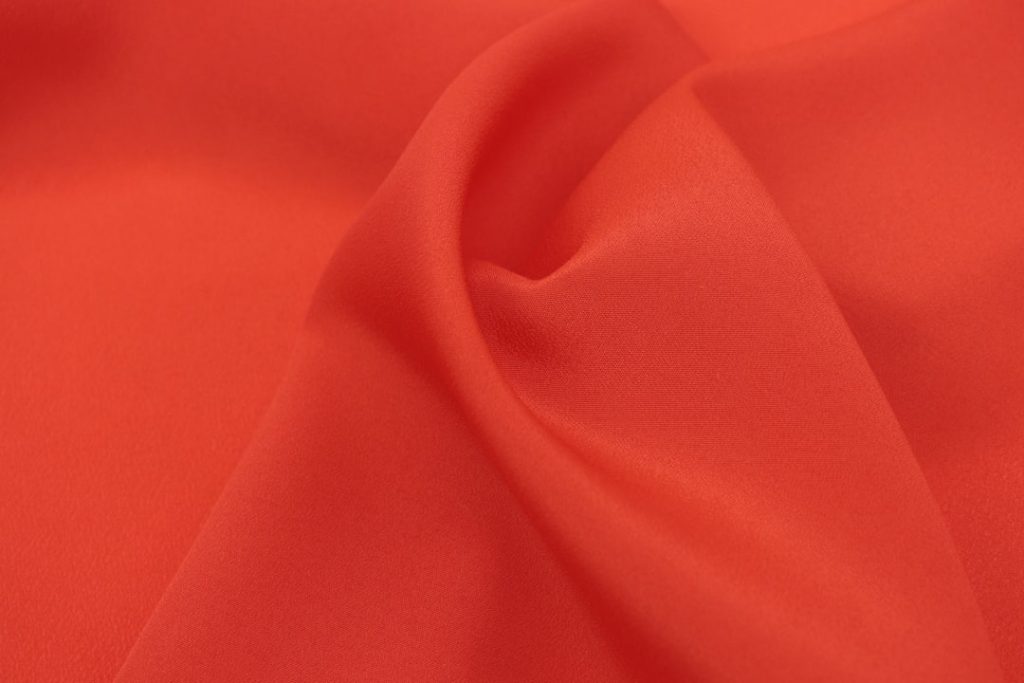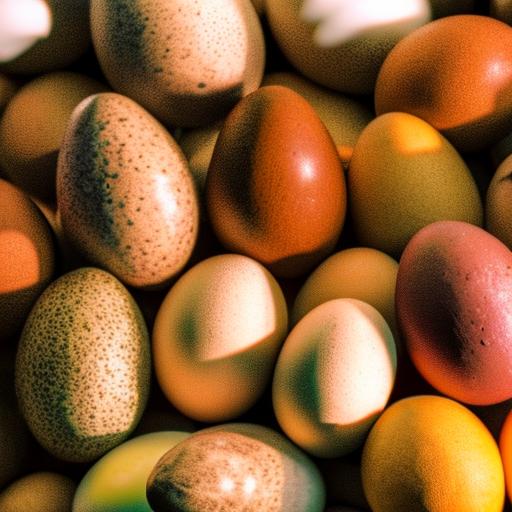Chickens have been domesticated for thousands of years, with various breeds developed for specific purposes, including egg production. Selecting an appropriate breed for egg laying involves considering factors such as local climate, available space, and personal preferences. Some breeds are renowned for their high egg production, while others are valued for their distinctive appearance or temperament.
This article examines the characteristics of effective egg-laying breeds, identifies top-performing breeds for egg production, and highlights other popular egg-laying varieties. Additionally, it addresses key factors to consider when choosing a breed and offers guidance on raising chickens for optimal egg production.
Table of Contents
Key Takeaways
- There are many different breeds of chickens that are specifically bred for egg production.
- Good egg laying breeds are known for their high egg production, docile nature, and adaptability to various climates.
- The top 3 breeds for egg production are the White Leghorn, Rhode Island Red, and Plymouth Rock.
- Other popular breeds for egg laying include the Sussex, Australorp, and Orpington.
- When choosing the right breed for egg production, consider factors such as climate, space, and personal preferences.
Characteristics of Good Egg Laying Breeds
Health and Maturity
In addition to their impressive egg-laying capabilities, good breeds often possess strong immune systems, which help them resist common poultry diseases. Some breeds are also known for their early maturity, meaning they start laying eggs at a younger age than other breeds. This makes them an excellent choice for both small-scale and commercial egg production.
Egg Quality and Consistency
Another vital characteristic of good egg-laying breeds is their ability to lay eggs of a consistent size and quality. This is crucial for both commercial egg producers and backyard chicken keepers, as it ensures a reliable supply of eggs for consumption or sale.
Temperament and Aesthetics
Good egg-laying breeds often have a docile nature, making them easier to handle and manage. This is particularly important for those new to raising chickens, as it reduces the risk of injury or stress to the birds. Moreover, these breeds come in a variety of colors and patterns, making them not only productive but also aesthetically pleasing additions to any flock.
Top 3 Breeds for Egg Production

1. White Leghorn: The White Leghorn is perhaps the most famous breed for egg production, known for its prolific laying abilities and efficient feed conversion. These chickens are small and active, with a sleek white plumage and bright red comb and wattles.
White Leghorns are excellent layers of large white eggs, often producing more than 300 eggs per year. They are also known for their early maturity, often starting to lay eggs at around 4-5 months of age. White Leghorns are well-suited to free-range or confined environments and are generally low-maintenance, making them a popular choice for commercial egg producers.
2. Rhode Island Red: The Rhode Island Red is a popular dual-purpose breed known for its excellent egg-laying abilities and flavorful meat. These chickens have a deep red plumage and a confident, friendly demeanor.
Rhode Island Reds are reliable layers of large brown eggs, often producing around 250-300 eggs per year. They are also known for their hardiness and adaptability to various climates, making them an excellent choice for backyard chicken keepers. Rhode Island Reds are also known for their early maturity, often starting to lay eggs at around 5-6 months of age.
3. Australorp: The Australorp is an Australian breed known for its exceptional egg-laying abilities and calm temperament. These chickens have a beautiful black plumage that shimmers with green and purple highlights in the sunlight.
Australorps are excellent layers of large brown eggs, often producing around 250-300 eggs per year. They are also known for their early maturity, often starting to lay eggs at around 5-6 months of age. Australorps are well-suited to free-range or confined environments and are generally low-maintenance, making them a popular choice for both small-scale and commercial egg production.
Other Popular Breeds for Egg Laying
In addition to the top three breeds for egg production, there are several other popular breeds known for their excellent egg-laying abilities. Some of these breeds include the Plymouth Rock, Orpington, Sussex, and Wyandotte. Each of these breeds has its own unique characteristics and advantages when it comes to egg production.
For example, Plymouth Rocks are known for their hardiness and adaptability to various climates, while Orpingtons are prized for their gentle nature and beautiful plumage. Sussex chickens are known for their early maturity and efficient feed conversion, while Wyandottes are valued for their cold-hardiness and consistent egg production throughout the year. These breeds come in a variety of colors and patterns, making them not only productive but also visually appealing additions to any flock.
Whether you are looking to start a small backyard flock or a commercial egg production operation, there is a breed that is well-suited to your needs and preferences. By carefully considering the characteristics of each breed and your specific requirements, you can choose the right breed for your egg-laying endeavors.
Considerations for Choosing the Right Breed
When choosing the right breed for egg production, there are several important considerations to keep in mind. First and foremost, consider the climate in which you live and the specific environmental conditions that may affect your chickens. Some breeds are better suited to cold climates, while others thrive in hot or humid environments.
Additionally, consider the amount of space you have available for your flock and whether you plan to free-range your chickens or keep them in a confined area. Another important consideration is your personal preferences when it comes to appearance and temperament. Some people may prefer colorful or unique-looking chickens, while others may prioritize a calm and friendly demeanor.
Additionally, consider your level of experience with raising chickens and whether you are prepared to handle the specific needs and requirements of certain breeds. Finally, consider your goals for egg production and whether you plan to sell eggs commercially or simply produce them for personal consumption. Some breeds are better suited to high-volume commercial operations, while others may be more appropriate for small-scale backyard flocks.
By carefully considering these factors, you can choose the right breed that meets your specific needs and preferences.
Tips for Raising Chickens for Egg Production

Nutrition for Optimal Egg Production
A balanced diet is crucial for ensuring that your chickens lay high-quality eggs consistently. Provide a feed that is specifically formulated for laying hens, and make sure they have access to fresh water at all times.
Creating a Healthy Living Environment
Proper housing is vital for keeping your chickens healthy and productive. Ensure you provide a clean and well-ventilated coop with nesting boxes where your hens can lay their eggs in peace.
Maintaining Health and Hygiene
Regularly monitor the health of your chickens and practice good hygiene to prevent the spread of disease. This includes regular cleaning of the coop and providing access to dust baths for natural parasite control. Additionally, allow your chickens to free-range or have access to an outdoor area where they can scratch and peck at the ground, which contributes to their overall health and well-being.
By following these tips and providing proper care and management, you can raise healthy and productive chickens that lay high-quality eggs consistently. Remember to collect eggs regularly to prevent damage and maintain cleanliness in the coop.
Conclusion and Final Thoughts
In conclusion, choosing the right breed of chicken for egg production requires careful consideration of various factors such as climate, space availability, personal preferences, and production goals. There are several breeds known for their excellent egg-laying abilities, including the White Leghorn, Rhode Island Red, Australorp, Plymouth Rock, Orpington, Sussex, and Wyandotte. Each breed has its own unique characteristics and advantages when it comes to egg production.
By carefully considering these factors and following best practices for raising chickens for egg production, you can establish a successful flock that provides a reliable supply of high-quality eggs. Whether you are a small-scale backyard chicken keeper or a commercial egg producer, there is a breed that is well-suited to your specific needs and preferences. With proper care and management, raising chickens for egg production can be a fulfilling and rewarding experience that provides fresh eggs for consumption or sale.
If you’re looking for the best breeds of chickens for egg laying, you might also be interested in learning about different types of chicken coops. Poultry Wizard has a helpful article on A-frame chicken coops, which are a popular and practical option for housing your chickens. Check it out here for more information on how to provide a comfortable and secure home for your egg-laying hens.
FAQs
What are the best breeds of chickens for egg laying?
Some of the best breeds of chickens for egg laying include the Rhode Island Red, Leghorn, Sussex, Plymouth Rock, and Australorp. These breeds are known for their high egg production and reliability.
How many eggs can I expect from these breeds?
On average, these breeds can lay between 250-300 eggs per year, with some individual hens laying even more. Factors such as diet, environment, and genetics can also impact egg production.
Do these breeds require special care for egg laying?
While these breeds are known for their egg laying abilities, they still require proper care and attention. Providing a balanced diet, clean water, suitable housing, and regular health checks are essential for maintaining high egg production.
At what age do these breeds start laying eggs?
Most of these breeds start laying eggs around 5-6 months of age, although this can vary depending on individual hens and environmental factors.
Are these breeds suitable for backyard chicken keeping?
Yes, these breeds are popular choices for backyard chicken keeping due to their egg laying abilities, docile nature, and adaptability to various climates. They are also known for being good foragers and can thrive in free-range or confined environments.
Meet Walter, the feathered-friend fanatic of Florida! Nestled in the sunshine state, Walter struts through life with his feathered companions, clucking his way to happiness. With a coop that’s fancier than a five-star hotel, he’s the Don Juan of the chicken world. When he’s not teaching his hens to do the cha-cha, you’ll find him in a heated debate with his prized rooster, Sir Clucks-a-Lot. Walter’s poultry passion is no yolk; he’s the sunny-side-up guy you never knew you needed in your flock of friends!







